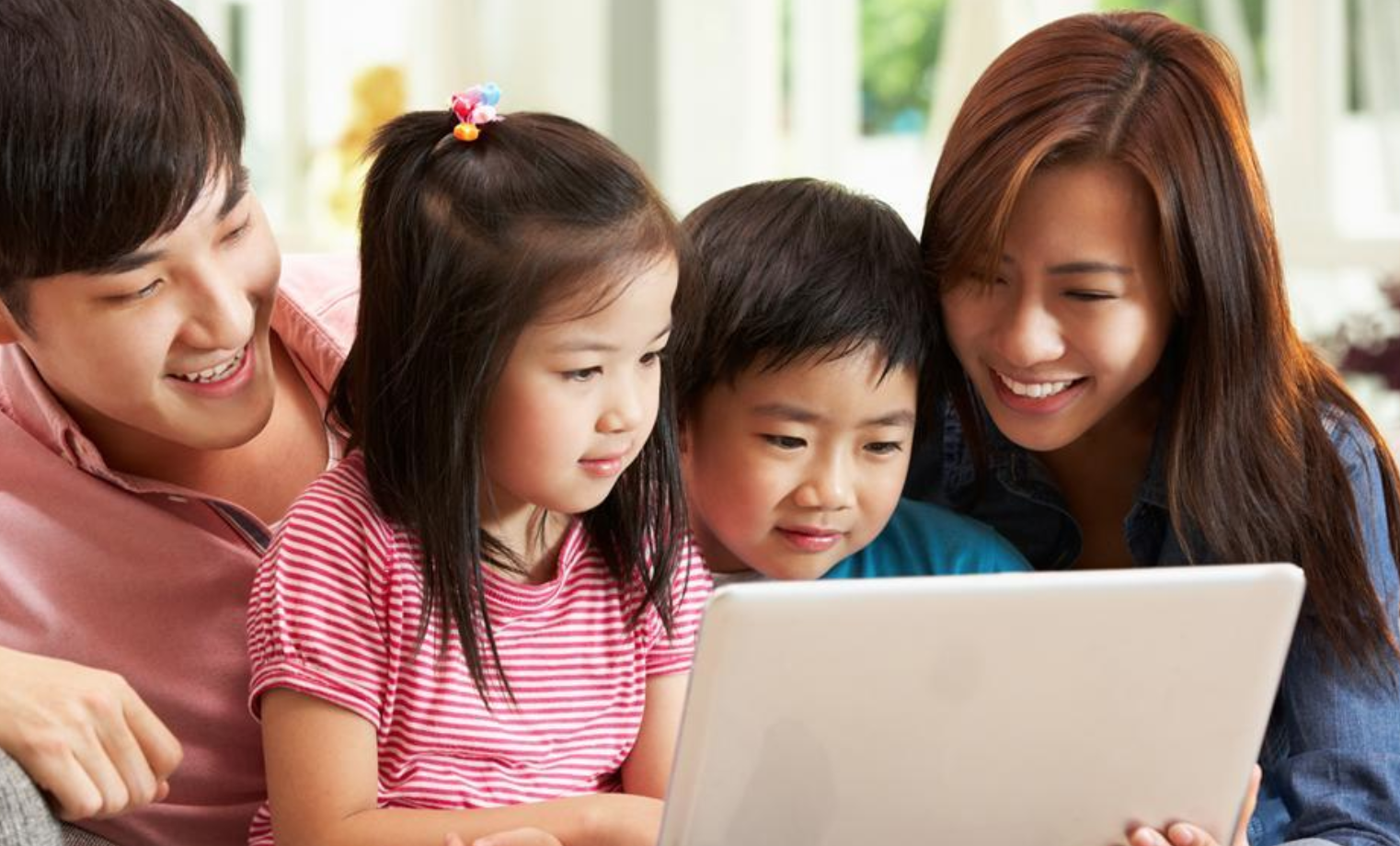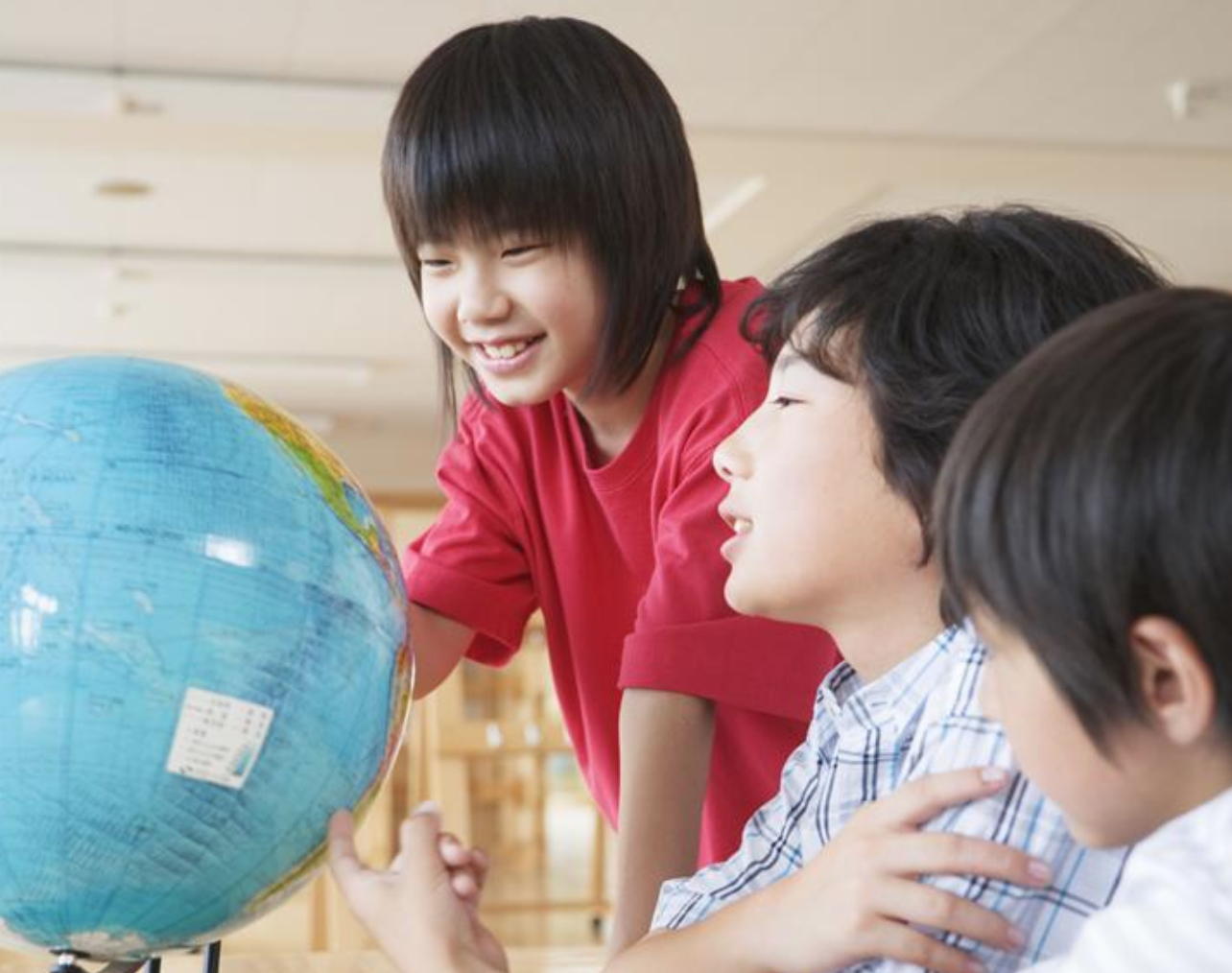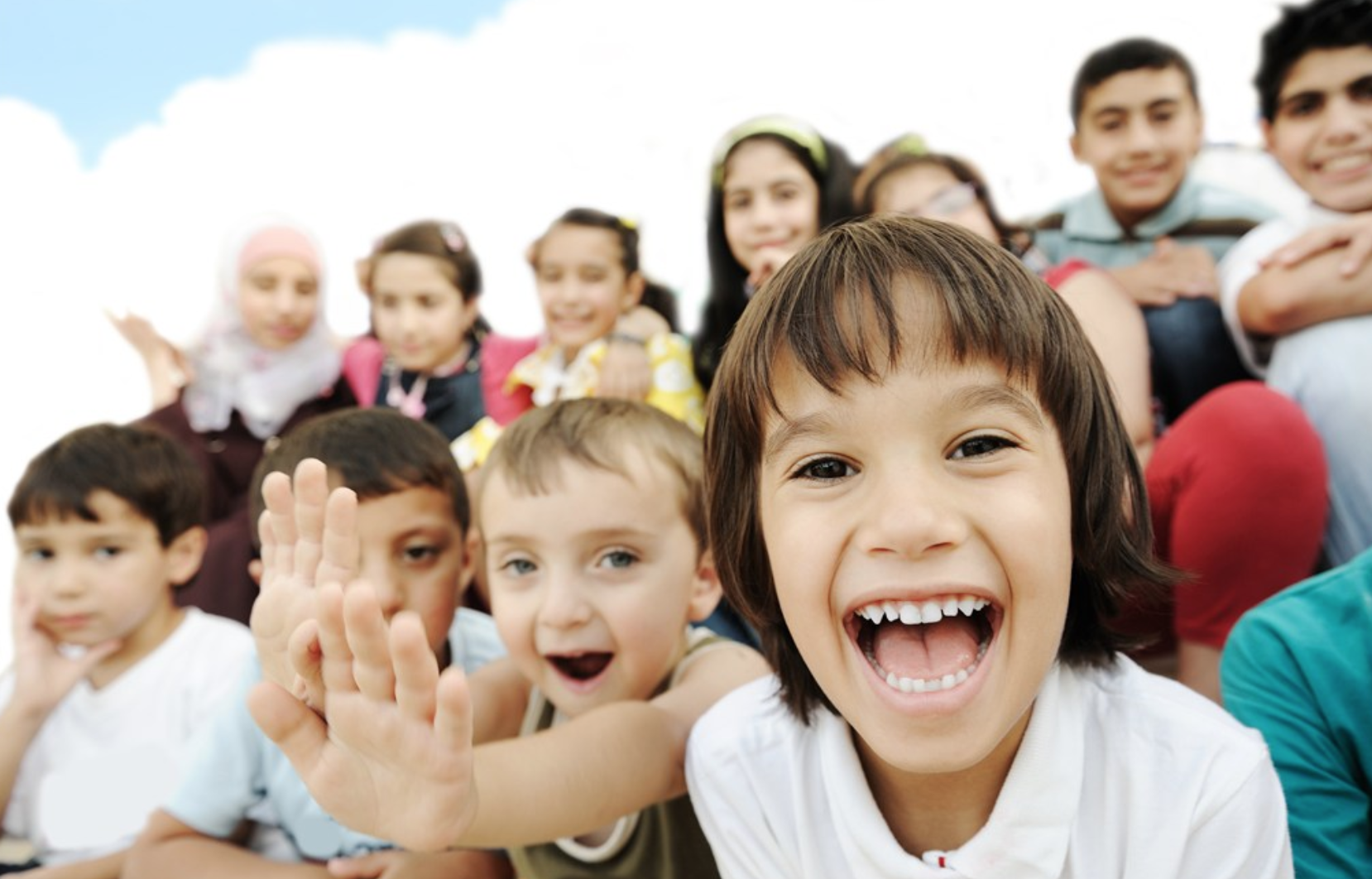
With the internet connecting the world, children are now becoming more aware of global issues than before.
For parents, explaining these issues isn’t easy and it can be time-consuming. Allowing our children to be globally-minded penetrate beyond classroom teaching, it is a part of positive parenting to raise responsible mature adults who can socially and mentally connect with the rest of the world.
Why is it important?
Helping your children become globally aware and empathetic is important because they will be affected by these global issues as well. Even if it is not directly going to affect them, world issues like global warming will be felt by these children in the long run. Take the example of Greta Thunberg, at the young age of 15, has been raising awareness on stronger action needed on climate change.
The world has also become more diverse. As people meet new people from different parts of the world or those who practice different faiths and traditions, we become aware that there is more to the world than what we were taught. We learn not only to respect differences, but we also embrace the uniqueness and work around the differences.
Sadly, parents can find it hard to teach their children how to understand these global issues. They can use the internet or bring them outside the country to help out. But, what do you do if you don’t have funds or the time to travel out of Singapore?

Steps in raising your child to be globally-minded
Global citizenship starts at home
If you want to help your child become a global learner, you can begin by teaching them your family’s culture, traditions and religion. This will allow your children to see how they are different from others and help them connect to your family’s heritage.
A great way to introduce the culture and tradition is by celebrating holidays, cooking heritage food or telling them the history of their heritage.
Another awesome suggestion is to walk through the history of your family tree. I have relatives in Malaysia, China and Taiwan which is great to introduce different countries and their daily lives to my child.
Give the gift of imagination
Kids have great imaginations and if you give them material, they will find ways to make it appealing.
In this case, why not tell them to use their real-world experience to see the world differently? You can share stories about one another and keep the details as close to real-life as possible.
For example, you can talk about your experiences during your travels and let them imagine what it must be like to do the same thing.
Make sure that you don’t use too many exotic characters or use stereotypes to make a story. Using such elements can create the wrong impression about the country or culture you are talking about.
For example, if you are talking about Italy, you can help your child imagine what things they can do there, like eating pasta, visiting the Vatican and so on.
Using books
Books are always a fountain of information and there are a lot of children’s books that can help your child be globally-minded.
You can get them books about international events, traditions and history. As they read these books, help them spot the differences from your culture and inspire them to learn more.
Make sure that the books you introduce to your child are easy to understand for their level. Some children’s book comes with pictures and guides to help children learn the information better. Knowing some good reading tips can also help a lot.
Some of my favourite books are https://www.goodreads.com/en/book/show/30209530-hello-world and Usborne’s Big Picture Atlas.

Foster friendships between different cultures
In school or the community, your child will meet people from different cultures.
Inspire them to reach out to these people to inspire them to learn. You can invite your neighbours over or attend holiday gatherings even if you don’t celebrate the holiday.
Teach your child what cultures they are experiencing and help them avoid faux-pas that may seem offensive to these people.
You can also sign up for community or social events at your nearest community centres that will let your child mingle with other children from different countries or belief groups.
I often love to participate in children’s activities within the expatriate group. It allows me and my child to mingle with parents and kids from all over the globe while practicing being a good host in Singapore.
Celebrate global holidays through food
Try celebrating a global holiday with your family which you don’t normally celebrate.
For example, celebrate Chinese New Year even if you are not Chinese. Prepare the foods often served during for the holiday you selected, and get your child to help you prepare these meals.
Using Chinese New Year as a guide, you can cook dumplings and glutinous rice cake. Each of these dishes come with a history, which you can teach your child.
Be adventurous! Try a different fun holiday like Hanukkah, Mardi Gras or Groundhog Day.
You can also pick a country that you like and try out their cuisine. It would be a great conversation piece between you and your family, especially your kids ask about these dishes.
It can be a once-a-month special where you get to try out new recipes and your family get to dress up in the country’s traditional costumes. Last month, we did a Japanese theme where I whipped up sushi and ramen while everyone dresses up in kimono and yukata. You can also visit this article to know more about the Best Countries in the World for Food.
Read the current world news
Finally, you can read your child what is going on outside Singapore. You can browse through global news articles and discuss the issue by talking about its history, the people involved in the issue, what impacts does it have for those involved and how does it affect your child.
If your child raises a question, try to answer them as simple as you can. Some issues can be difficult to talk about like war and terrorism, but you can use real-life events that your child is familiar with.
In this case, if you are talking about war, you can say that it is like times when they are fighting with their siblings. If the issue they asked about is something you can’t answer, don’t be afraid to say you do not know. If you assumed incorrectly, it may affect how they will see the issue.
You should also avoid showing your biases, especially if you are reading about politics. Let your child see both sides of the argument and let them decide which side to support.
Conclusion
You do not have to travel to help your children become empathetic to the world’s current affairs. There are a lot of resources you can choose from to help your kids become aware of the world, and your family’s background is a good place to start.
Once your children start understanding these different cultures and beliefs, they will learn how to appreciate and respect them. As they grow older, this appreciation and respect will help them reach out to more people and become successful in life.
Why not bring learning into your own home, here are some fun ideas:
How to Teach Your Child Phonics at Home?
Learn Hindi Through Music: Kids-Friendly Songs that will have you tapping your feet
